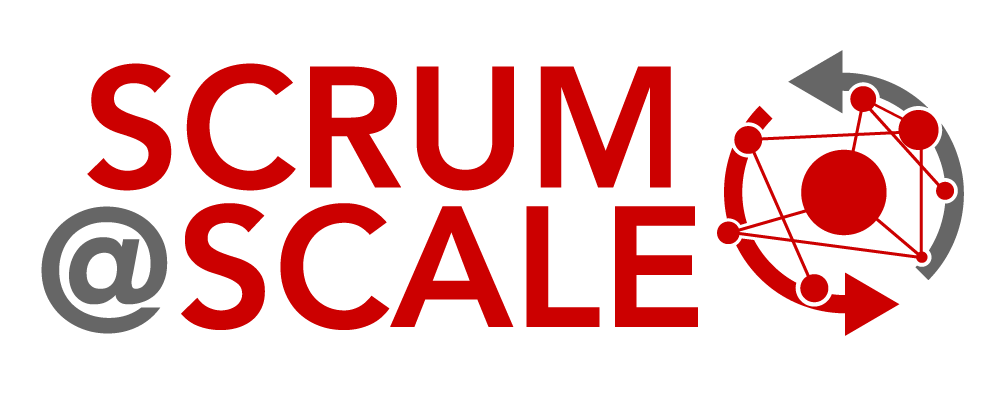Caso práctico Agile Education
Ofrecer lo que más importa: El caso del Value Stream Management en MSA
La Asociación de Facultades de Medicina (MSA) transformó sus operaciones aplicando prácticas Lean y Agile mediante una iniciativa de mapeo del flujo de valor y un Katalog Kaizen. Este esfuerzo alineó a los equipos, cerró brechas de servicio y mejoró la eficiencia, lo que dio como resultado una reducción de costes de 23%, un crecimiento de los ingresos de 35% y un giro financiero de $51M en cinco años.
RESUMEN DEL ESTUDIO DE CASO
Industria: Sin ánimo de lucro 501(c)(3)
Tamaño de la organización: Grande
Tema: Reducción de costes, Refactorización organizativa, Value Stream Management
La fecha: 2024
LinkedIn: https://www.linkedin.com/in/delplayadon/
Antecedentes de la organización
La Asociación de Facultades de Medicina (MSA), una destacada organización sin ánimo de lucro con sede en Washington DC, representa a las facultades de medicina de toda Norteamérica. En 2012, con unos ingresos anuales de $123 millones, la organización asumió un nuevo liderazgo y se enfrentó a una doble amenaza: unos procesos internos obsoletos y la presión para externalizar funciones clave.
Desafío
La dirección de MSA pretendía mantener el control sobre sus servicios básicos, mejorando al mismo tiempo la eficacia operativa. Mientras evaluaban su modelo de prestación existente, se embarcaron en una iniciativa de mapeo del flujo de valor, que incluía trazar su estado actual a un estado futuro deseado. Esto puso de manifiesto importantes lagunas e ineficiencias en la prestación de servicios, la gestión de pagos y la verificación de resultados.
Acércate a
MSA creó un Katalog Kaizen, una lista de mejoras que podrían implantar a lo largo del tiempo para mejorar el rendimiento y la alineación mediante prácticas Lean y Agile. El Katalog Kaizen incluía:
- Compartir pasos entre flujos de valor
- Añadir e iterar nuevos pasos a medida que surgían las necesidades
- Identificar y colmar las lagunas críticas
- Consolidar plataformas y equipos para mejorar el servicio y reducir costes
- Desarrollar equipos en forma de T para ampliar las competencias individuales
- Optimizar los procesos para una mejora sostenida
Estas mejoras se basaron en gran medida en el aprendizaje práctico, incluidas las visitas a los proveedores, los paseos Gemba y la supervisión de los progresos, haciendo hincapié en la diversión y el compromiso.
Resultados
Este planteamiento dio resultados inmediatos y a largo plazo:
- Equipos alineados en torno a la entrega de valor
- Expuso las lagunas en los flujos de valor, permitiendo una acción correctiva
- Introdujo los principios Lean en toda la organización
- Equipos capacitados mediante el desarrollo de habilidades en forma de T
- Implementación de métricas de flujo de valor para el control empírico de procesos
- Mejora significativa de la eficiencia y eficacia del equipo
Ganancias inesperadas
- Unificar a toda la organización en torno a la entrega de valor
- Mejor comprensión de las funciones individuales dentro del ecosistema más amplio
- Identificó flujos de valor más pequeños, lo que condujo al intercambio de conocimientos y a la colaboración
- Apoyo a la toma de decisiones estratégicas con información basada en datos
- Mejora de la eficiencia y eficacia organizativa general
Impacto empresarial
La transformación en MSA fue profunda:
- El Net Promoter Score (NPS) pasó de 30% a 70% en sólo un año
- Los costes operativos se redujeron 23% en dos años
- Los ingresos aumentaron en 35% en el mismo periodo
- La salud financiera cambió drásticamente: de un déficit de $2 millones a un superávit de $49 millones en cinco años.
Conclusión
Mediante la gestión del flujo de valor, la MSA restableció la eficacia operativa y la estabilidad fiscal. Además, recuperaron la confianza de sus miembros y de la comunidad estudiantil, proporcionando el poder del cambio sistémico impulsado por valores.
Sobre Donald Patti
Registrado Scrum@Scale Trainer™ Donald Patti es un Agile Coach y Trainer para Consultoría Cedar Pointdonde ayuda a las organizaciones a aplicar Lean y Agile para desarrollar nuevos productos y servicios, así como para mejorar el rendimiento organizativo. Además, es el creador de Lean Strategy, un enfoque ligero para que las pequeñas empresas desarrollen y ejecuten su estrategia empresarial. Conocido por su gran perspicacia empresarial y tecnológica, Don ha fundado y hecho crecer con éxito dos empresas emprendedoras durante su carrera y ha asesorado a organizaciones como HP, Daimler Benz, JPMorgan Chase, Marriott, Verizon y el Gobierno Federal de EEUU.



